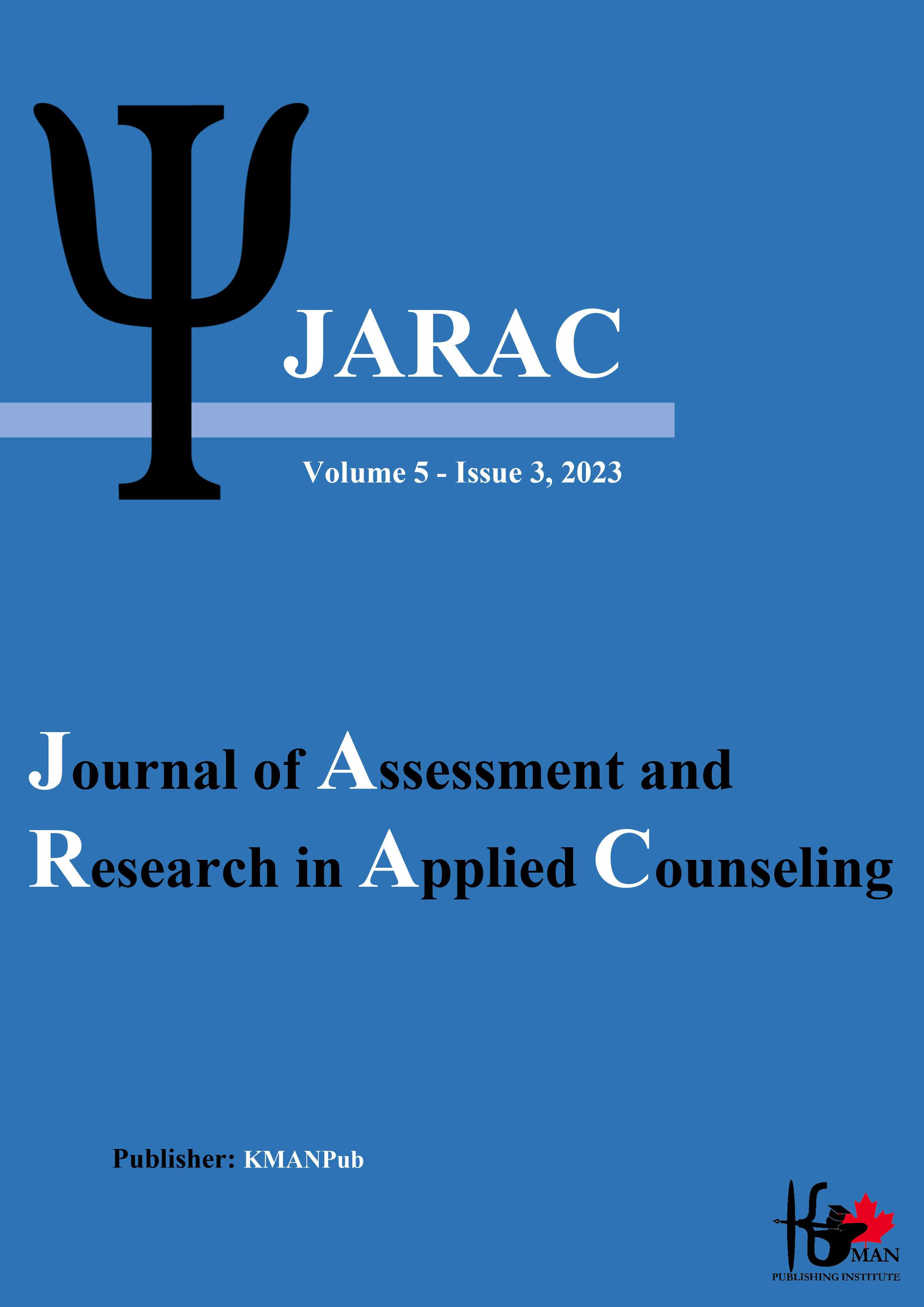The Effectiveness of Treatment Based on an Integrative Self-Analysis Approach on Psychological Capital, Psychological Well-Being, Ego Strength, and Difficulty in Regulating Emotion in People Suffering from Covid-19 Bereavement
Abstract
Purpose: The purpose of this study was to investigate the effectiveness of treatment based on an integrative self-analysis approach on psychological capital, psychological well-being, ego strength, and difficulty in regulating emotion in people suffering from covid-19 bereavement.
Research method: The current research method is quasi-experimental and the design used in this research is a pre-test-post-test design with a control group and a two-month follow-up. A pre-test-post-test plan was designed with a control group and an experimental group. Using the purposeful sampling method, 30 eligible people were selected and randomly assigned to the experimental and control groups. After that, the experimental group received treatment based on the integrative self-analysis approach (Atashpour et al., 2021), but the control group did not receive any intervention. Data collection tools included Psychological Capital Questionnaire (PCQ), Ryff Psychological Well-Being Scale Short Form (1980), Garnefski and Kraaij's Emotion Regulation Scale (2006) and Ego Empowerment Scale (PIES). In order to statistically analyze the data, descriptive statistics (mean and standard deviation) and inferential statistics (mixed variance analysis test with repeated measurements) were used. In this research, SPSS-26 software was used to perform statistical tests
Findings: For the effect of the intergroup factor, the F value calculated for the group effect is significant at the level of 0.05 (P<0.05). As a result, there is a significant difference between the average scores of pre-test, post-test and follow-up scores of psychological capital in the two experimental and control groups. Also, the results of the follow-up Bonferroni test showed that there is a significant difference between the scores of psychological capital, psychological well-being, ego strength, and difficulty in emotional regulation in the stages of pre-test and post-test, pre-test and follow-up (P<0.05). Also, the results of the follow-up test showed that there is no significant difference between the scores of the research variables in the post-test stage compared to the follow-up stage (P<0.05).
Conclusion: The results showed that the treatment based on the integrative self-analysis approach was significantly effective on psychological capital, psychological well-being, ego strength and difficulty in emotion regulation, and these effects were stable in the follow-up phase.
Downloads
Downloads
Published
Issue
Section
License
Copyright (c) 2023 Mahbobeh Afshari, Seyed Hamid Atashpour, Floor Khayatan (Author)

This work is licensed under a Creative Commons Attribution-NonCommercial 4.0 International License.















